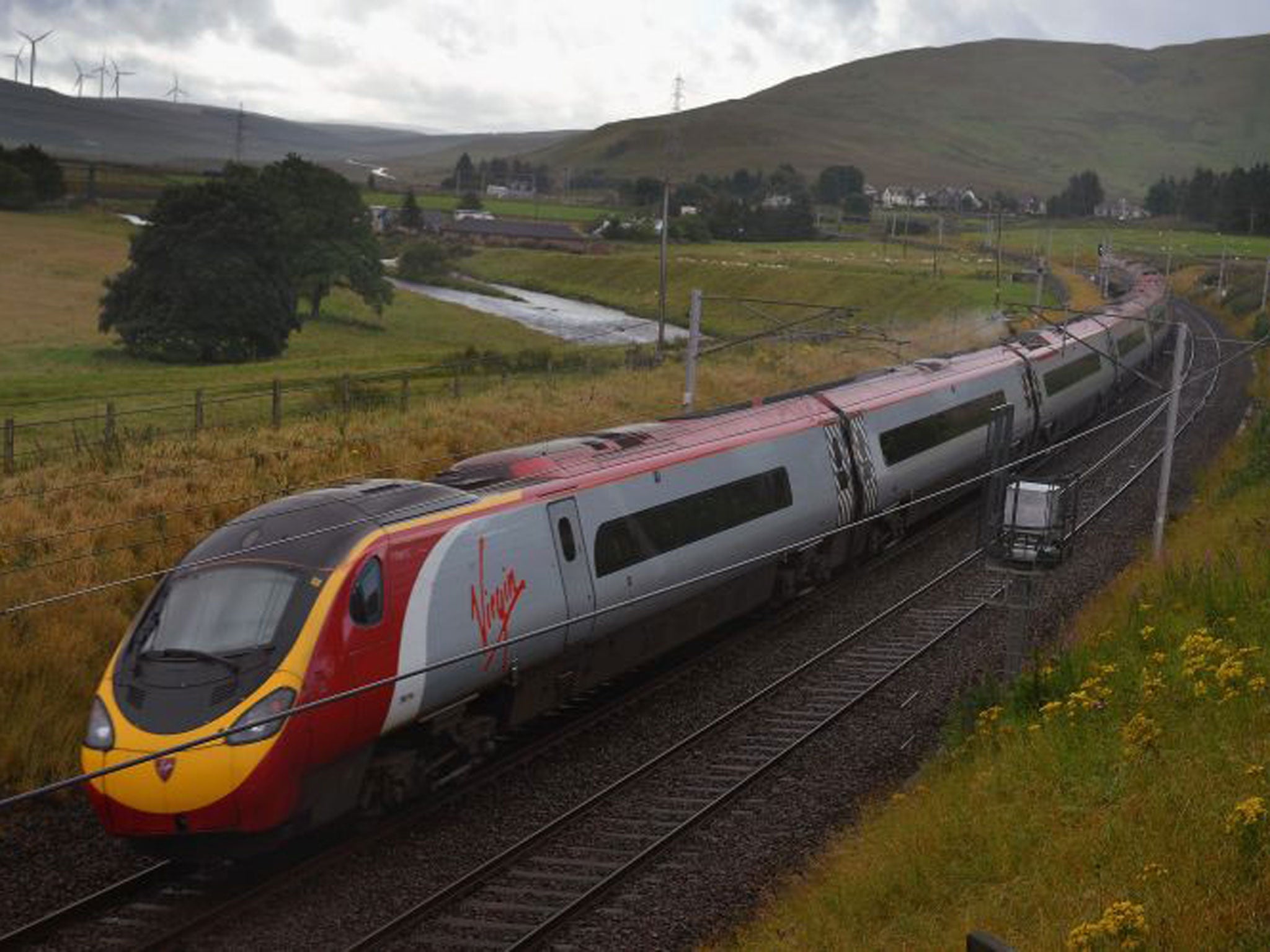Simon Calder: Changing planes and trains? Not so fast
The man who pays his way

In the 20 years since The Independent kindly invited me to venture some opinions on the travel business, two national institutions have taken up more column-inches than any others: British Airways and British Rail, plus the latter's fragmented successors. And from this week's experience, the best term to describe the behaviour of both BA and BR is French: plus ça change, plus c'est la même chose. The more our national airline and railway system change, the more they stay the same.
British Airways has had the most stressful couple of decades of any leading travel firm (except possibly Thomas Cook's journey through the financial tumble-drier). In 1994, BA merely endured rivalry from Virgin Atlantic on key routes from Heathrow. Today, BA faces tougher competition than any other "legacy" airline on the planet. Virgin still challenges on the most profitable business routes from Heathrow and leisure links from Gatwick, mostly westbound.
To Asia, Africa and Australia, the Gulf carriers led by Emirates have seized the Middle East ground, exploiting their location to become the planet's leading people-carriers. Twenty years ago, the default presumption for a trip to Australia was BA to Perth, Melbourne, Sydney or Brisbane. Today, I'd guess Emirates (with an each-way bet on Etihad, Qatar Airways and the old faithfuls Cathay Pacific and Singapore).
The domestic and European markets have been even more traumatised. Even in the days when BA faced competition only from British Midland and Continental carriers, making money on short-haul was tricky. As easyJet began to expand, BA felt the brunt. For easyJet's third route launch, from Aberdeen to Luton, the upstart tried to place an ad reading: "Warning – thieves operate in this area" directly above the BA baggage carousel. Permission was duly refused, and easyJet duly milked the attendant publicity for all it was worth. Since then BA has shrunk in scale, surrendering its position as Gatwick's largest airline to easyJet and largely abandoning the regions. With links such as Manchester to Los Angeles, Birmingham to Malaga, and Bristol to Edinburgh long consigned to timetable history, BA has been running short of inflight towels to throw in.
With cull after cull, it became clear that BA was turning itself into London Airways: the only routes in BA's book are those that begin or end at Gatwick, London City, or its stronghold, Heathrow. That policy comes to an end this very weekend, with the launch of an Edinburgh-Ibiza link. The plane is a "nightstopping" Airbus A320 that would otherwise park on the ground at the Scottish capital's airport after arriving from Heathrow late in the evening and departing for London in the morning. BA now plans to sweat its expensive asset with a clubbers' flight for those whose evenings are barely starting when the plane arrives on the beautiful Balearic isle at 2.35am. If it works, expect more moonlit flits from the Scottish capital and other cities.
The age of the train?
Britain's railways are thriving – though opinions differ on whether this is because of, or in spite of, privatisation. The main Inter-City train operators – East Coast, Virgin and First Great Western – do a creditable job of carrying record numbers of passengers safely, swiftly and (usually) comfortably. Travellers to London from Birmingham and Yorkshire are benefitting from competition provided by Chiltern Trains and Grand Central against the main operators.
Twenty years ago this spring the first heavily discounted "Advance" tickets were launched with a £19 return between London Euston and Glasgow – not a moment too soon to get some expertise on balancing supply and demand, because a year later easyJet would start transforming Anglo-Scottish travel.
Yet my journey last Monday morning from London to the Lake District showed how clunky the network remains. Even though I was prepared to start at 5.30am on the mostly empty dawn departure from Euston to Glasgow, the lowest fare I was offered to Penrith was the £171.50 "Anytime" price. To avoid it, I bought three separate tickets – one as far as Milton Keynes, the second to Oxenholme and the third to Penrith. Along with a cup of tea at Euston, I paid a total of £50 – a fair fare for a 250-mile journey booked a couple of weeks ahead, but much more complicated than I needed.
I travelled aboard a train capable of 140mph that was limited to 125mph, because to cut costs on the multi-billion-pound upgrade on the West Coast Main Line the running speed was reduced. It sat for 10 minutes outside Milton Keynes Central because the new summer timetable that began last weekend allows extra time in case of engineering works.
I had to change trains at Oxenholme – only to find that the Transpennine service to Penrith had been cancelled due to staff shortage, and there would not be another for 90 minutes. Say what you like about British Rail, but with a single organisation at least there would be some chance that the express from London would be ordered to make an extra stop at Penrith. As it was, I hitched (a Jaguar S-Type, since you ask).
The age of the plane
"Staff shortage" has endured as an excuse for cancelled trains for a couple of decades – and parts of the British Airways fleet have lasted even longer, with many passengers now younger than the plane they are flying on. BA's oldest current 747 was delivered 24 years ago, while the entire Boeing 737 fleet is more than 20 years old. They remain, however, in tip-top condition. Which is something we can all wish for.
Subscribe to Independent Premium to bookmark this article
Want to bookmark your favourite articles and stories to read or reference later? Start your Independent Premium subscription today.

Join our commenting forum
Join thought-provoking conversations, follow other Independent readers and see their replies